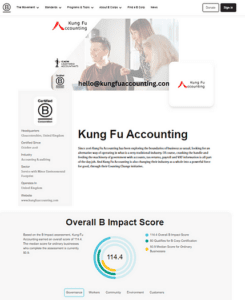Since KFA went live in November 2016, one question which has come up more times than any other from independent business owners is whether or not to register for VAT.
If your sales income is over £83k per year (for 16/17 tax year) you should already be registered for VAT except in rare circumstances.
Many business owners are aware of this threshold, but don’t know that optional registration is a possibility and could benefit their business, so this document is to raise that awareness and to highlight the key pros and cons so you can make the right choice for your business.
Prices
Registering for VAT means you charge VAT to your customers, making you 20% more expensive.
Or, if you don’t pass it on to your customers you have to absorb that cost yourself.
Neither option is particularly great.
However, if most of your clients are already VAT registered they will be able to reclaim your VAT.
Costs
If you’re paying out a lot of VAT on your expenses registering for VAT will reduce your costs; you will be able to offset that Purchase VAT against your Sales VAT.
Conversely, if you have very few expenses it might still be worth considering VAT registration because of the VAT Flat Rate Scheme, on which you charge your customers 20% Sales VAT but pay over a lower percentage to HMRC based upon your business sector.
If you work it correctly, you can get paid by HMRC for being on the Flat Rate Scheme! However, HMRC have realised there is a loophole here and in April 2017 the rules are changing which may affect your business.
Admin
VAT registration requires detailed record-keeping. You also have to submit VAT returns (usually every three months).
This may require an upgrade to your current bookkeeping processes.
If you use accounting software to manage your business finances it is usually quite straight-forward to turn on the right tools to make sure you comply with the VAT legislation.
Questions to ask yourself
- Do you meet HMRC’s requirements for compulsory VAT registration? Read more at https://www.gov.uk/vat-registration-thresholds
- Are most or all of your customers VAT registered?
- How much VAT do you pay on your purchases?
- Is your bookkeeping up to the task of reporting VAT returns?
Registering for VAT does add a complication to your business but it could prove to be worthwhile – contact us today to start a conversation.



